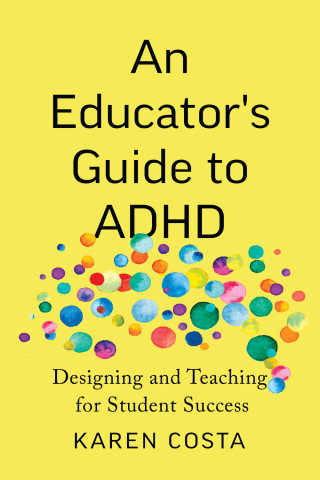
Reviews
The first sentence of this excellent book sums up both its content and the reason one should read it: 'it is ironic that the professional and popular discourse surrounding Alzheimer disease (AD), whose most dreadful feature is the obliteration of memory, proceeds with little awareness of its past.' And if Santayana's often-quoted statement about those who cannot remember the past is true, what does this mean for studies of dementia? This book attempts to answer the question and does so very successfully.
This book will be an inspiration of greatest interest to anyone engaged in biological or social research in AD.
This is an excellent book, both for the newcomer to the study of Alzheimer disease and to the seasoned reader and clinician.
This overview of the history and evolution of the concept of Alzheimer disease is a substantial contribution that will interest readers in gerontology, geriatrics, neurology, psychiatry, psychology, social science, and public policy. It is a good introductory book for people new to the field, as well as for clinicians and even for family members of those affected by Alzheimer disease.
Book Details
Preface
Acknowledgments
List of Contributors
Part I: The Cases of Auguste D. And Johann F.
Chapter 1. Auguste D.: The History of Alois Alzheimer's First Case
Chapter 2. Johann F.: The Historical Relevance
Preface
Acknowledgments
List of Contributors
Part I: The Cases of Auguste D. And Johann F.
Chapter 1. Auguste D.: The History of Alois Alzheimer's First Case
Chapter 2. Johann F.: The Historical Relevance of the Case for the Concept of Alzheimer Disease
Part II: From Alzheimer to the Present
Chapter 3. Neurofibrillary Changes: The Hallmark of Alzheimer Disease
Chapter 4. Contributions of German Neuroscience to the Concept of Alzheimer Disease
Chapter 5. Beyond the Characteristic Plaques and Tangles: Mid-Twentieth-Century U.S. Psychiatry and the Fight Against Senility
Chapter 6. The Rediscover of Alzheimer Disease During the 1960s and 1970s
Chapter 7. The History of the Genetics of Alzheimer Disease
Part III: Alzheimer Disease as a Social and Cultural Entity
Chapter 8. Alzheimer Disease: Epistemological Lessons From History?
Chapter 9. Aging, Culture, and the Framing of Alzheimer Disease
Chapter 10. Narrative Practice and the Inner World of the Alzheimer Disease Experience
Part IV: Politics, Policy, and the Perspectives of the Caregiver and Patient
Chapter 11. The Role of the Concept of Alzheimer Disease in the Development of the Alzheimer's Association in the United States
Chapter 12. The History of the Alzheimer's Association: Future Public Policy Implications
Chapter 13. The Concept of Alzheimer Disease in a Hypercognitive Society
Part V: Progress and Its Problems
Chapter 14. Alzheimer Disease and the New Biology
Chapter 15. The Genetics of Alzheimer Disease: Some Future Implications
Chapter 16. History and the Future of Alzheimer Disease
Index








